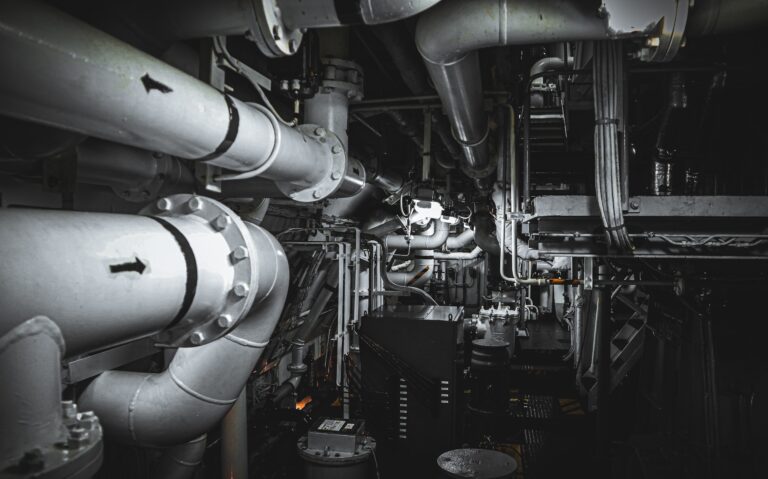How to Prolong the Lifespan of Your Valves
Valves play a crucial role in many industrial processes, but they can be prone to wear and tear over time. Have you ever wondered how you can extend the lifespan of your valves and avoid costly replacements?
Choosing the Right Valve
Choosing the right valve is crucial for prolonging the lifespan of your valves making the wrong choice can result in premature wear and failure.
To ensure the longevity of your valves, it is important to consider factors such as the type of media being handled, the pressure and temperature conditions, and the material compatibility. Each of these factors can have a significant impact on the performance and lifespan of the valve.
Firstly, consider the type of media being handled. Different media can have varying corrosive properties, viscosity, and abrasiveness. It is essential to choose a valve that is specifically designed to handle the characteristics of the media in order to prevent corrosion, erosion, or blockages that can reduce the lifespan of the valve.
Secondly, take into account the pressure and temperature conditions. Valves are subjected to different levels of pressure and temperature in different applications. Choosing a valve that can withstand the specific conditions it will be exposed to is crucial for avoiding leaks, malfunctions, or even catastrophic failures.
Lastly, consider the material compatibility. Valves are available in a wide range of materials, each with its own strengths and weaknesses. It is important to select a valve made from a material that is compatible with the media being handled and can resist corrosion.
Valve Installation
Proper valve installation is crucial to extending the lifespan of your valves. By following a few key steps, you can ensure that your valves function optimally for years to come.
Pay attention to the installation process itself. Make sure that all connections are properly tightened to prevent leaks. Use the correct tools and techniques to avoid damaging the valve or any associated equipment.
Additionally, consider the positioning of the valve. Ensure that it is installed in a location that allows for easy access and maintenance. Avoid placing the valve in areas that are prone to excessive heat, vibration, or corrosive substances.
Regular maintenance is also essential for prolonging the lifespan of your valves. Inspect them periodically for signs of wear or damage, and promptly address any issues that arise. Clean the valves as needed to prevent build-up and ensure smooth operation.
Lastly, seek professional assistance when necessary. If you are unsure about any aspect of valve installation or maintenance, consult with an expert. They can provide guidance and support to help you maximise the lifespan of your valves.

Preventative Maintenance
By regularly inspecting and cleaning the valves, you can prevent issues before they become major problems.
One of the most important maintenance tasks is lubricating the valves. This reduces friction and wear, ensuring smooth operation and extending their lifespan. Additionally, regularly checking for leaks and replacing worn-out seals can prevent valve failure.
It’s also important to monitor the performance of the valves and address any issues promptly. This includes checking for abnormal noises, vibrations, or fluctuations in pressure. By identifying and resolving problems early on, you can avoid costly repairs or replacements.
Conclusion
In conclusion, taking care of your valves is crucial for the longevity and efficiency of your system. By following these simple tips and implementing regular maintenance, you can ensure that your valves will serve you well for years to come. Remember, prevention is always better than a costly repair or replacement. So, invest a little time and effort now and enjoy the benefits of a smoothly running system in the long run.
